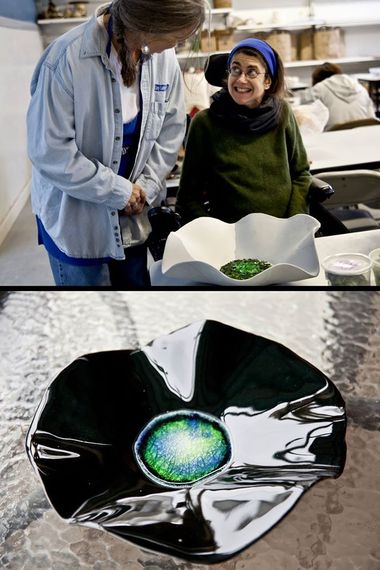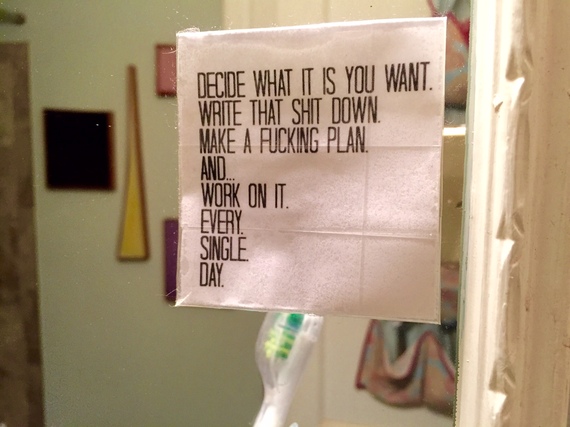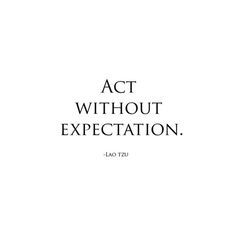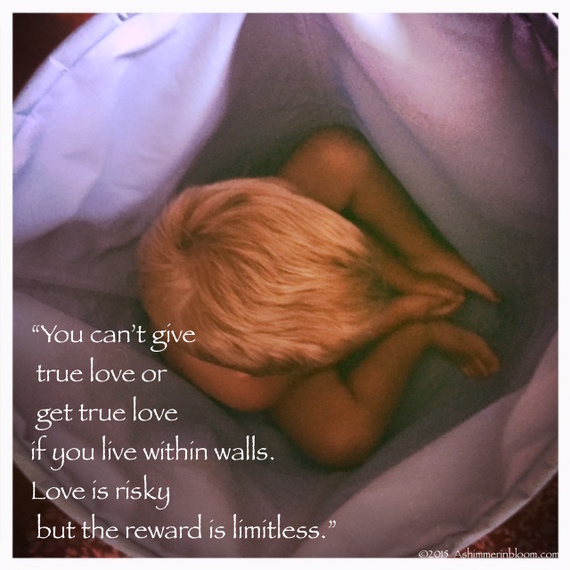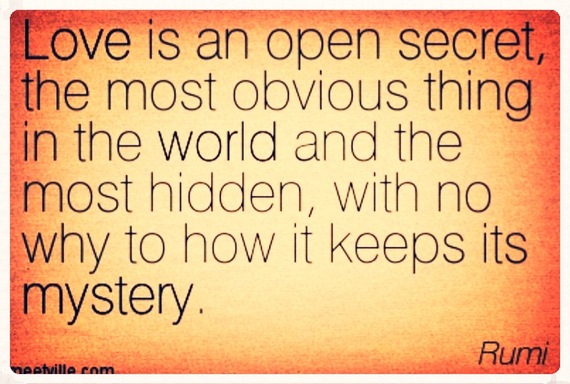In the 1960s, a Stanford professor named Walter Mischel began conducting a series of important psychological studies.
During his experiments, Mischel and his team tested hundreds of children -- most of them around the ages of 4 and 5 years old -- and revealed what is now believed to be one of the most important characteristics for success in health, work and life.
Let's talk about what happened and, more importantly, how you can use it.
The Marshmallow Experiment The experiment began by bringing each child into a private room, sitting them down in a chair, and placing a marshmallow on the table in front of them.
At this point, the researcher offered a deal to the child.
The researcher told the child that he was going to leave the room and that if the child did not eat the marshmallow while he was away, then they would be rewarded with a second marshmallow. However, if the child decided to eat the first one before the researcher came back, then they would not get a second marshmallow.
So the choice was simple: one treat right now or two treats later.
The researcher left the room for 15 minutes.
As you can imagine, the footage of the children waiting alone in the room was rather entertaining. Some kids jumped up and ate the first marshmallow as soon as the researcher closed the door. Others wiggled and bounced and scooted in their chairs as they tried to restrain themselves, but eventually gave in to temptation a few minutes later. And finally, a few of the children did manage to wait the entire time.
Published in 1972, this popular study became known as The Marshmallow Experiment, but it wasn't the treat that made it famous. The interesting part came years later.
The Power of Delayed Gratification As the years rolled on and the children grew up, the researchers conducted follow up studies and tracked each child's progress in a number of areas. What they found was surprising.
The children who were willing to delay gratification and waited to receive the second marshmallow ended up having higher SAT scores, lower levels of substance abuse, lower likelihood of obesity, better responses to stress, better social skills as reported by their parents, and generally better scores in a range of other life measures. (You can see the followup studies
here,
here, and
here.)
The researchers followed each child for more than 40 years and over and over again, the group who waited patiently for the second marshmallow succeed in whatever capacity they were measuring. In other words, this series of experiments proved that the ability to delay gratification was critical for success in life.
And if you look around, you'll see this playing out everywhere...
- If you delay the gratification of watching television and get your homework done now, then you'll learn more and get better grades.
- If you delay the gratification of buying desserts and chips at the store, then you'll eat healthier when you get home.
- If you delay the gratification of finishing your workout early and put in a few more reps, then you'll be stronger.
... and countless other examples.
Success usually comes down to choosing the pain of discipline over the ease of distraction. And that's exactly what delayed gratification is all about.
This brings us to an interesting question: Did some children naturally have more self-control, and thus were destined for success? Or can you learn to develop this important trait?
What Determines Your Ability to Delay Gratification? Researchers at the University of Rochester decided to replicate the marshmallow experiment, but with an important twist. (You can read the study
here.)
Before offering the child the marshmallow, the researchers split the children into two groups.
The first group was exposed to a series of unreliable experiences. For example, the researcher gave the child a small box of crayons and promised to bring a bigger one, but never did. Then the researcher gave the child a small sticker and promised to bring a better selection of stickers, but never did.
Meanwhile, the second group had very reliable experiences. They were promised better crayons and got them. They were told about the better stickers and then they received them.
You can imagine the impact these experiences had on the marshmallow test. The children in the unreliable group had no reason to trust that the researchers would bring a second marshmallow and thus they didn't wait very long to eat the first one.
Meanwhile, the children in the second group were training their brains to see delayed gratification as a positive. Every time the researcher made a promise and then delivered on it, the child's brain registered two things: 1) waiting for gratification is worth it and 2) I have the capability to wait. As a result, the second group waited an average of four times longer than the first group.
In other words, the child's ability to delay gratification and display self-control was not a predetermined trait, but rather was impacted by the experiences and environment that surrounded them. In fact, the effects of the environment were almost instantaneous. Just a few minutes of reliable or unreliable experiences were enough to push the actions of each child in one direction or another.
What can you and I learn from all of this?
How to Become Better at Delaying Gratification Before we go further, let's clear one thing up: for one reason or another, the Marshmallow Experiment has become particularly popular. You'll find it mentioned in nearly every major media outlet. But these studies are just one piece of data, a small insight into the story of success. Human behavior (and life in general) is a lot more complex than that, so let's not pretend that one choice a four-year-old makes will determine the rest of his or her life.
But...
The studies above do make one thing clear: if you want to succeed at something, at some point you will need to find the ability to be disciplined and take action instead of becoming distracted and doing what's easy. Success in nearly every field requires you to ignore doing something easier (delaying gratification) in favor of doing something harder (
doing the work and
putting in your reps).
But the key takeaway here is that even if you don't feel like you're good at delaying gratification now, you can train yourself to become better simply by making a few small improvements. In the case of the children in the study, this meant being exposed to a reliable environment where the researcher promised something and then delivered it.
You and I can do the same thing. We can train our ability to delay gratification, just like we can train our muscles in the gym. And you can do it in the same way as the child and the researcher: by promising something small and then delivering. Over and over again until your brain says, 1. Yes, it's worth it to wait and 2. Yes, I have the capability to do this.
Here are 4 simple ways to do exactly that:
- Start incredibly small. Make your new habit "so easy you can't say no." (Hat tip to Leo Babauta.)
- Improve one thing, by one percent. Do it again tomorrow.
- Use the "Seinfeld Strategy" to maintain consistency.
- Find a way to get started in less than two minutes.
James Clear writes at JamesClear.com, where he shares science-based ideas for living a better life and building habits that stick. To get strategies for boosting your mental and physical performance by 10x, join his free newsletter. This article was originally published on JamesClear.com. -- This feed and its contents are the property of The Huffington Post, and use is subject to our terms. It may be used for personal consumption, but may not be distributed on a website.






